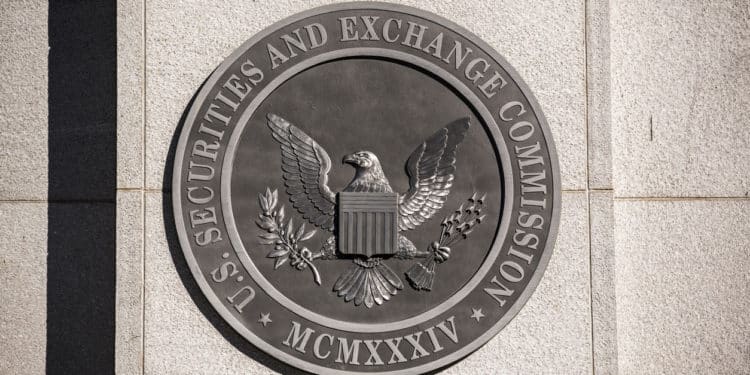On August 2, Gary Gensler, the Chair of the U.S. Securities and Exchange Commission (SEC), released a statement detailing the agency’s plans to revise controversial rule amendments to the SEC Whistleblower Program.
Gensler specifically pointed to two rule amendments which were passed in 2020. According to Gensler, “[v]arious members of the whistleblower community, as well as Commissioners Lee and Crenshaw, have expressed concern that two of these amendments could discourage whistleblowers from coming forward.”
One rule concerns the ability of the SEC to discretionarily lower whistleblower awards simply because of their size. The other rule concerns the payment of “related action” whistleblower awards.
According to leading whistleblower attorney Stephen M. Kohn of Kohn, Kohn & Colapinto, the SEC’s plans to revisit the “related action” rule is a “major breakthrough.” Kohn, who is also the Chairman of the Board of the National Whistleblower Center, recently authored a piece in JD Supra detailing the need to save the “related action” provision of the Dodd-Frank Act (DFA).
Kohn explains that the DFA, which was passed in 2010 and which established the SEC Whistleblower Program, contains an important “related action” provision. Under this provision, when the information provided to the SEC by a whistleblower also leads to a successful enforcement action by another federal agency, the whistleblower is entitled to an award based on the money recovered in this “related” enforcement action. According to Kohn, “the “related action” provision of the DFA significantly expands the scope of the reward law. It incentivizes whistleblowers to fully cooperate with other law enforcement or regulatory authorities whenever they file a DFA case.”
On September 23, 2020 the SEC Commissioners approved a number of rule changes to the whistleblower program in a 3-2 vote. One of the rule changes added restrictions to the “related action” provision of the DFA. Under the new rule, if a “related action” could be covered by another whistleblower reward law, then the SEC can deny the “related action” rule. In theory, this rule could prevent a whistleblower from “double-dipping” and receiving two awards, one from the SEC one from the relevant agency, for the same enforcement action. According to Kohn, however, there has never been a case of a whistleblower “double-dipping.”
Kohn outlines the detrimental effects of the new limited “related action” rule. He explains that “[n]umerous older reward laws lack any of the protections afforded by the DFA. These laws are purely discretionary, do not allow for anonymous or confidential whistleblowing, and set mandatory caps as low as $2500.” The new rule means that whistleblowers must rely on outdated laws with a host of problems. And according to Kohn, “[t]he entire purpose of the Dodd-Frank Act’s whistleblower provision was designed to avoid these problems.”
In addition to having a “chilling effect on whistleblowers’ cooperation with regulatory and law enforcement authorities,” Kohn argues that the new “related action” rule violates the DFA. According to Kohn, the DFA requires that the SEC pays “related action” awards and clearly defines “related actions” as “‘any judicial or administrative action brought by’ the Justice Department, a ‘regulatory authority,’ a ‘self-regulatory organization,” or a state attorney in a criminal proceeding, that is ‘based on’ the ‘original information provided by a whistleblower’ to the SEC.”
Kohn ends his article by outlining ways the SEC should properly revise the “related action” rule.
“When amending the related action rule, the Commission should clarify that a whistleblower has the right to apply for a reward from other agencies,” Kohn writes. “It should also further explain that obtaining such a reward does not disqualify the whistleblower from obtaining an SEC related action award. However, the whistleblower should be placed on notice that any award given by another agency could impact the amount of an award given by the Commission. The rule should clearly state that regardless of which agency pays the reward, the Commission is obligated to ensure that the minimum award of 10% is paid from all sanctions, whether obtained by the SEC or another law enforcement agency. Moreover, the Commission would also guarantee that it would independently apply its criteria for determining the amount of an award if the award from the sister agency was less than 30%.”
Read:
SEC Acts to Save the “Related Action” Whistleblower Rule
SEC May Reverse Controversial Whistleblower Program Amendments




